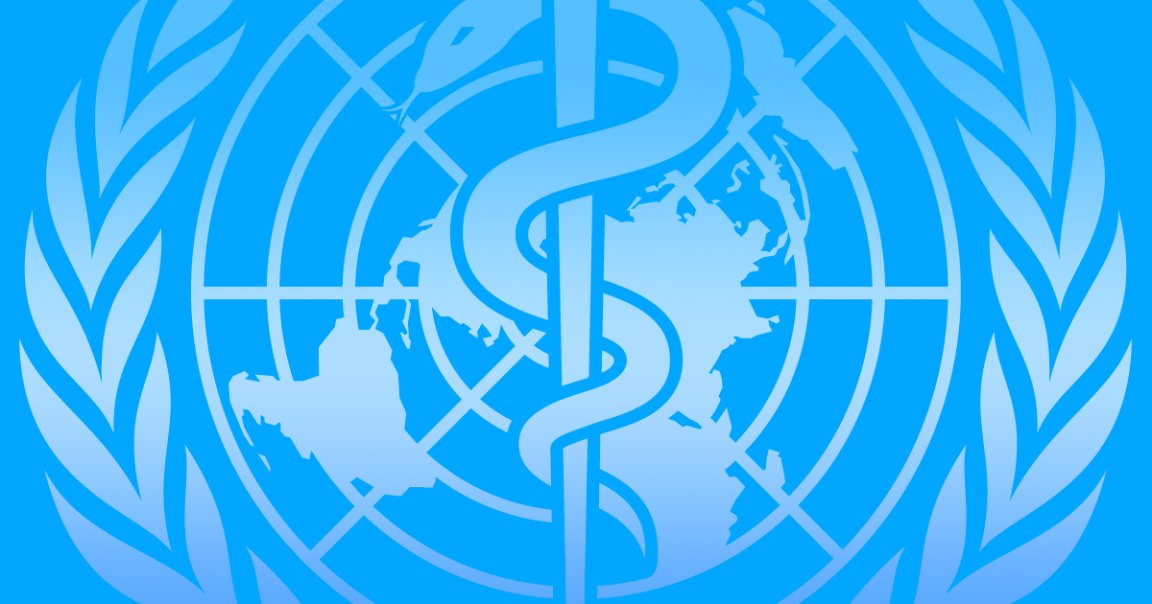
Henrietta Lacks died of cervical cancer more than 70 years ago — but her tumor cells still live on after her cells were taken without her consent. Though her unknowing contributions led to a number of scientific breakthroughs, it still represents a painful example of medical injustice and abuse.
Now, the World Health Organization (WHO) has taken a step to right those wrongs by honoring Lacks with the WHO’s Director-General award, according to a news release from the organization. In doing so, it says it “seeks to heal” the wrongs done to Lacks and her family.
“In honoring Henrietta Lacks, WHO acknowledges the importance of reckoning with past scientific injustices, and advancing racial equity in health and science,” said Director-General Dr. Tedros Adhanom Ghebreyesus in the release. “It’s also an opportunity to recognize women — particularly women of color — who have made incredible but often unseen contributions to medical science.”
Lacks died at the age of 31 from her cancer. However, her cell line (dubbed the HeLa cells) lived on after a surgeon removed cells from a cervix without her consent.
Scientists later used the HeLa cells for a variety of momentous medical accomplishments including creating the polio vaccine, developing in-vitro fertilization methods, along with cancer and AIDs research.
Several of Lacks’ grandchildren and great-grandchildren were in attendance at the ceremony where her son Lawrence Lacks Sr, 87, received the award on her behalf.
“We are moved to receive this historic recognition of my mother, Henrietta Lacks — honoring who she was as a remarkable woman and the lasting impact of her HeLa cells,” Lawrence said in the press release. “My mother’s contributions, once hidden, are now being rightfully honored for their global impact.”
The Lacks family is currently embroiled in a legal battle against Thermo Fisher Scientific Inc., a biotechnical company, according to CNN. In their lawsuit, the family claims that the company is still using the HeLa cells despite knowing their origins.